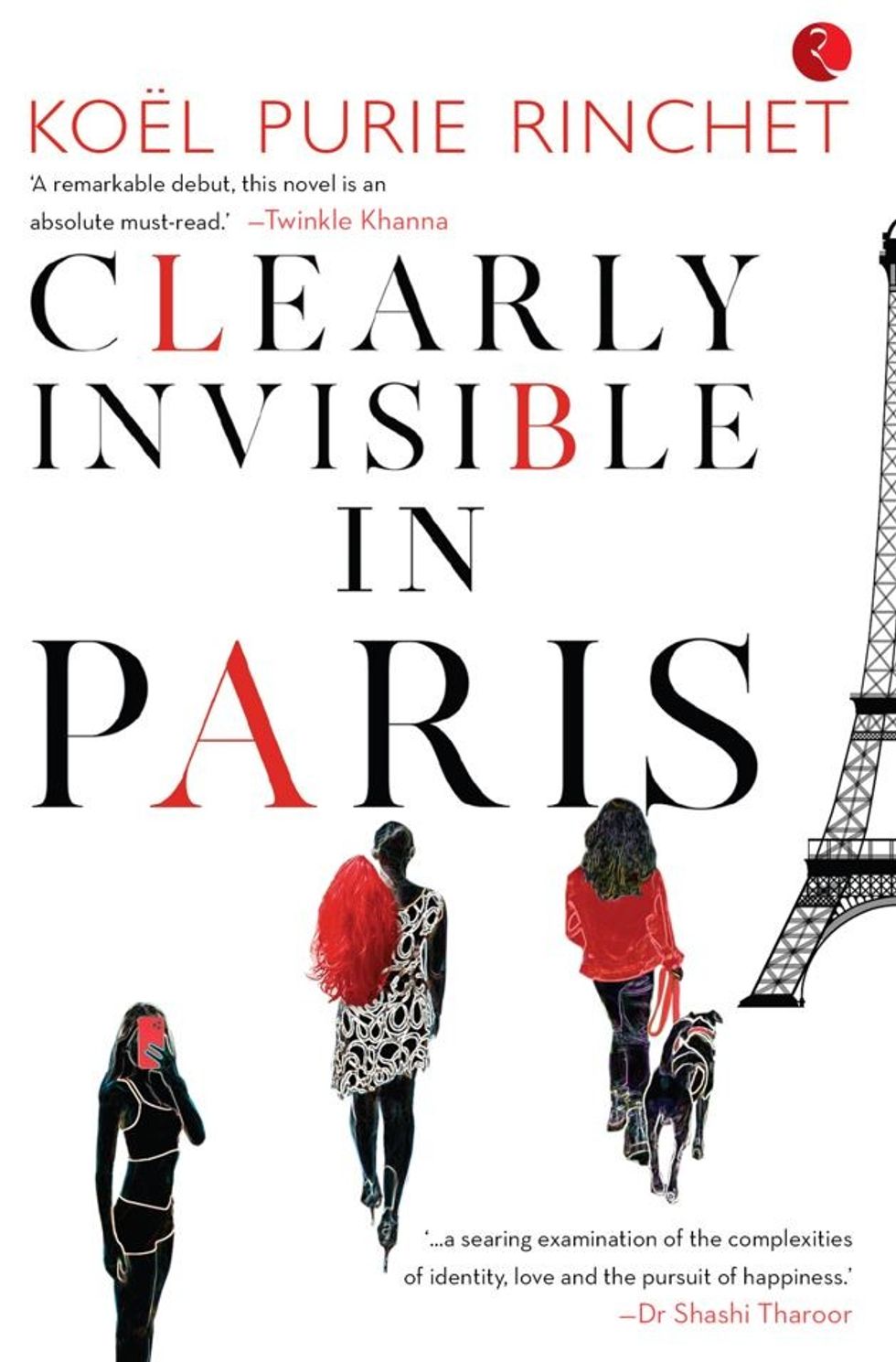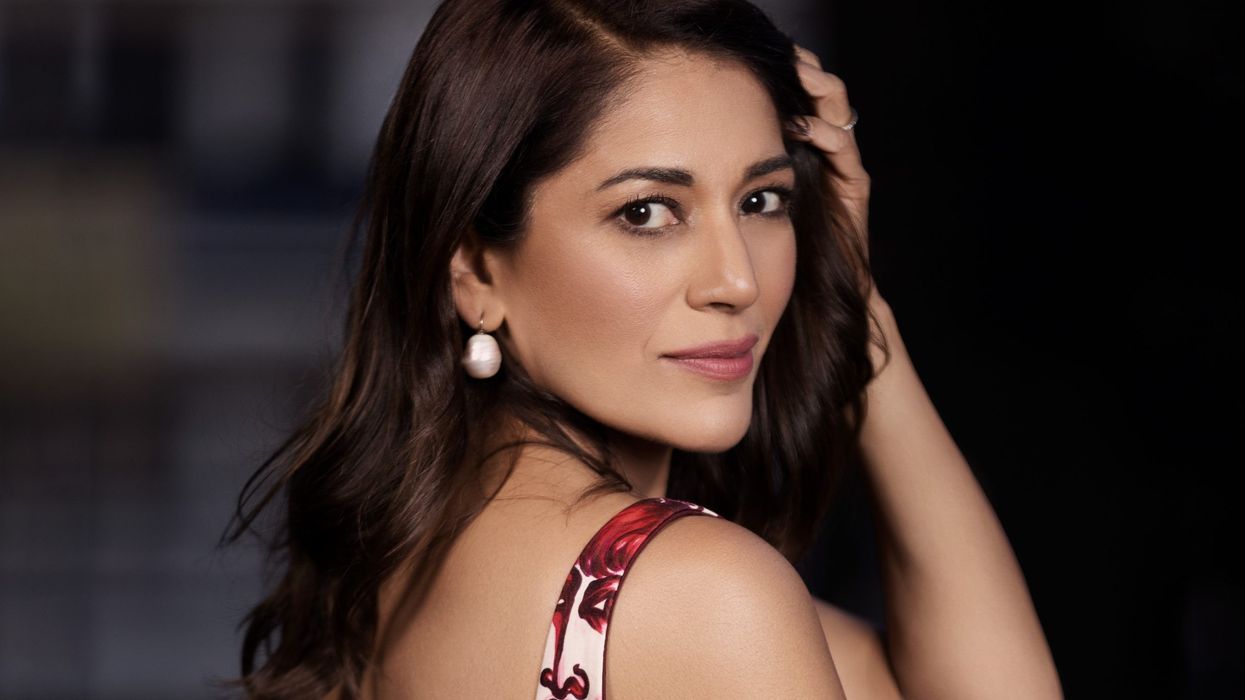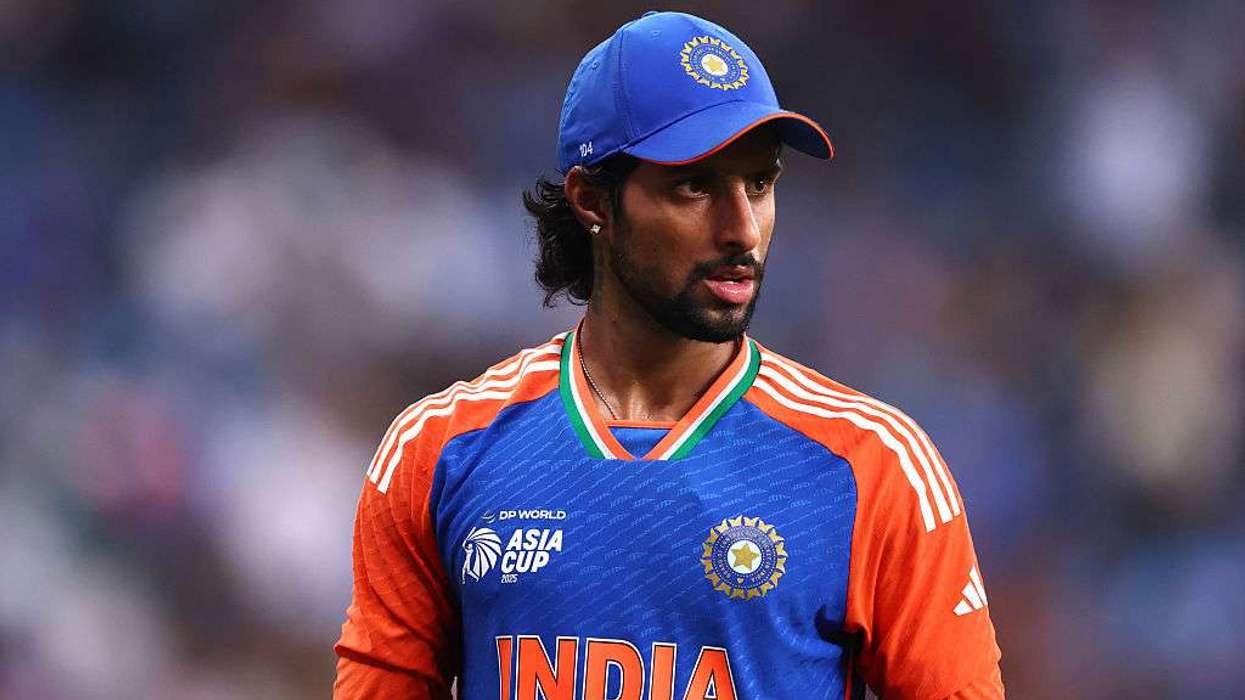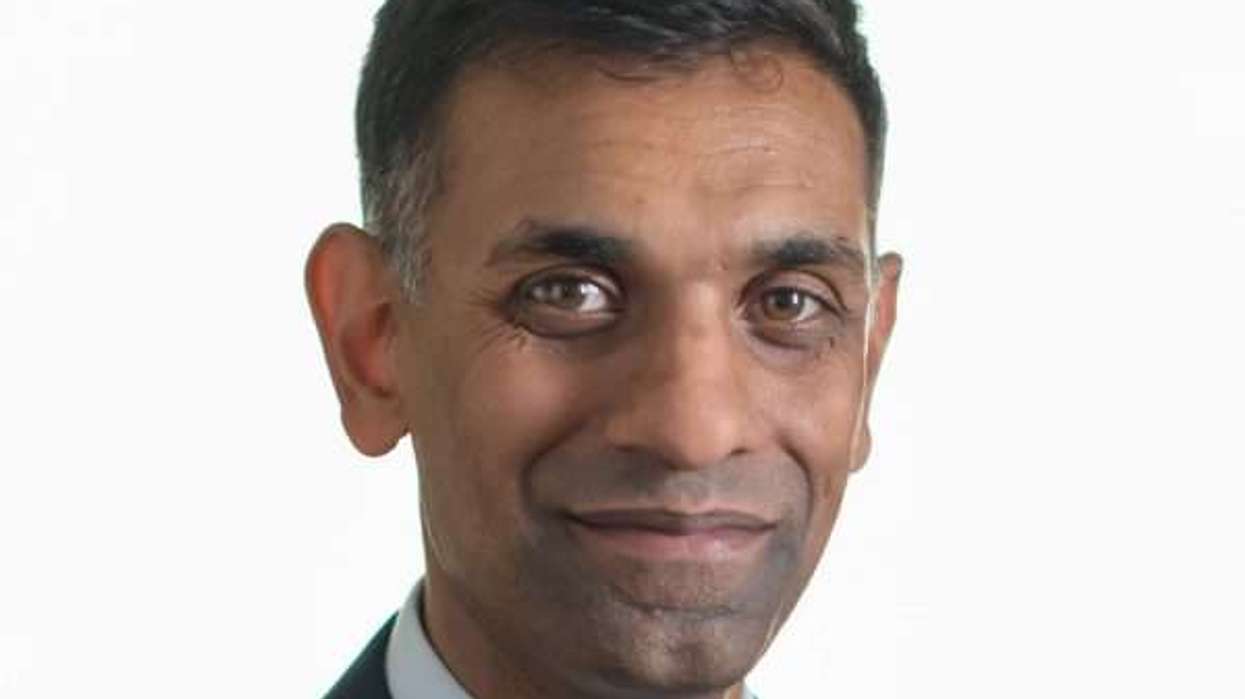WHETHER it was as a child with an overactive imagination, actress, popular TV talk show host or people in everyday life oversharing with her, Koël Purie Rinchet has always been surrounded by stories.
While living in Paris, she repeatedly encountered stories from women that had nothing in common socially, professionally, or racially, but were united by their ambitious will to survive and eventually thrive.
These silent stories of unrecognised courage led her towards writing the newly published novel Clearly Invisible In Paris. The story of four deeply flawed outsiders trying to fit into an unforgiving city has received great reviews.
Eastern Eye caught up with the debut author to discuss her multi-layered book, Paris and inspirations.
Tell us about your Paris connection?
I broke up with this French guy I was briefly dating, but then he begged me to come to Paris on my way to a film festival. My friends were like you’d be a fool not to be romanced in Paris – dump him after. Lo and behold, I’ve been married to that guy for 15 years. But my honeymoon period with the city ended a long time ago.
Tell us about Clearly Invisible In Paris?
The novel centres around four disparate outsiders trying to fit into a city that’s determined to keep them at arm’s length and the unlikely friendships that see them through. It’s about contradictions – luxury and refugees; champagne and prostitution; red carpets and grief. It’s about identity and what home means – who gets to be an expat and who an immigrant. All the characters are flawed, broken people, who constantly make bad choices. I’m attracted to imperfection and you’ll find me eulogising that a lot in my novel. Though I rarely offer resolutions, there is plenty of celebration, joy and hope in my story.
How much of this book is based on real life?
The book is a piece of fiction because nothing trumps the power of imagination for me. Of course, the seed is an amalgamation of real people, events, something I read about or happened, but then reimagined. Once I had the characters in place, they guided me to shape the narrative. I immersed myself in the characters until I could hear what they sounded like in that moment. My agent said I was ‘method writing’. Invention and research went hand in hand.

What was the biggest challenge of writing this book?
Time or rather the lack of it. I’m one of those lucky few who never encountered writer’s block. My characters were raring to live and tell their story. There was always enough material but with all my other commitments – producing, acting, mothering and procrastinating, there was never enough time.
What inspired the interesting title?
Paris is a city of polarity, which I love as a writer. No other city is so egalitarian and divided. The city of light and love, but also the cold-hearted city of aloof. It prides itself for being liberal and free but is equally insular and archaic. I play with this idea of antithetical entities coexisting throughout the novel. Even a loud, in-yourface person like me is made to feel so invisible in Paris, that it’s almost comical.
What is your own favourite moment or passage in the book?
I love it when I’m able to twist a moment unexpectedly – a sex scene with a random Tinder punter suddenly turning in[1]to a cathartic moment of loss and grief. The magic realism peppered through the story was fun – when the wall starts talking back or the blue arm of goddess Kali reaches out and lifts a character onto a swinging trapeze. There is also a great moment with biryani after a comedy of dark errors.
How much has the positive response to the book meant to you?
It is a total high. While it’s true that I write and create primarily for myself, no creative work is complete without the interpretation of a beholder. Although this interpretation is completely subjective and differs from reader to reader, it is the last piece of the puzzle. Without it my book would be nothing more than indulgence, so I’m very grateful for the love my novel is getting.
What do you most love about Paris as a city?
The unparalleled magnificent cityscape of Paris.
Who are you hoping connects with this novel?
All those who have felt unseen at some point or the other.
How does writing a book compare to acting and hosting on television?
I’m lucky to be able to wear so many hats. I love acting, which quenches a deep need for attention but writing gives me a power and independence that acting or presenting never can. Production mostly is a necessity to feed the other two.
Did you learn anything new about yourself while writing this book?
Yes, your mind can’t fix what ails your mind. Your words can’t fill the holes in your soul.
What inspires you as a writer?
Flaws and oddballs. Courage that’s not obvious. And finding joy and hope where you’d least expect to find it.
What do you enjoy reading and do you have a favourite book?
I love strong character-based narratives which give an immersive experience. Recently, Gentleman in Moscow, Circe, Lessons in Chemistry, Romantic Comedy and Less. I absolutely love most things by Ann Patchett, Salman Rushdie and Donna Tartt. A book I regularly dip into and gift to people is Charlie Mackesy’s The Boy, the Mole, the Fox and the Horse – who needs a therapist when you’ve got these one-liners.
Why should we all pick up Clearly Invisible In Paris?
Because it’s a good read and at the end of the day, it’s a story about hope and dreams and who couldn’t do with more of that?




